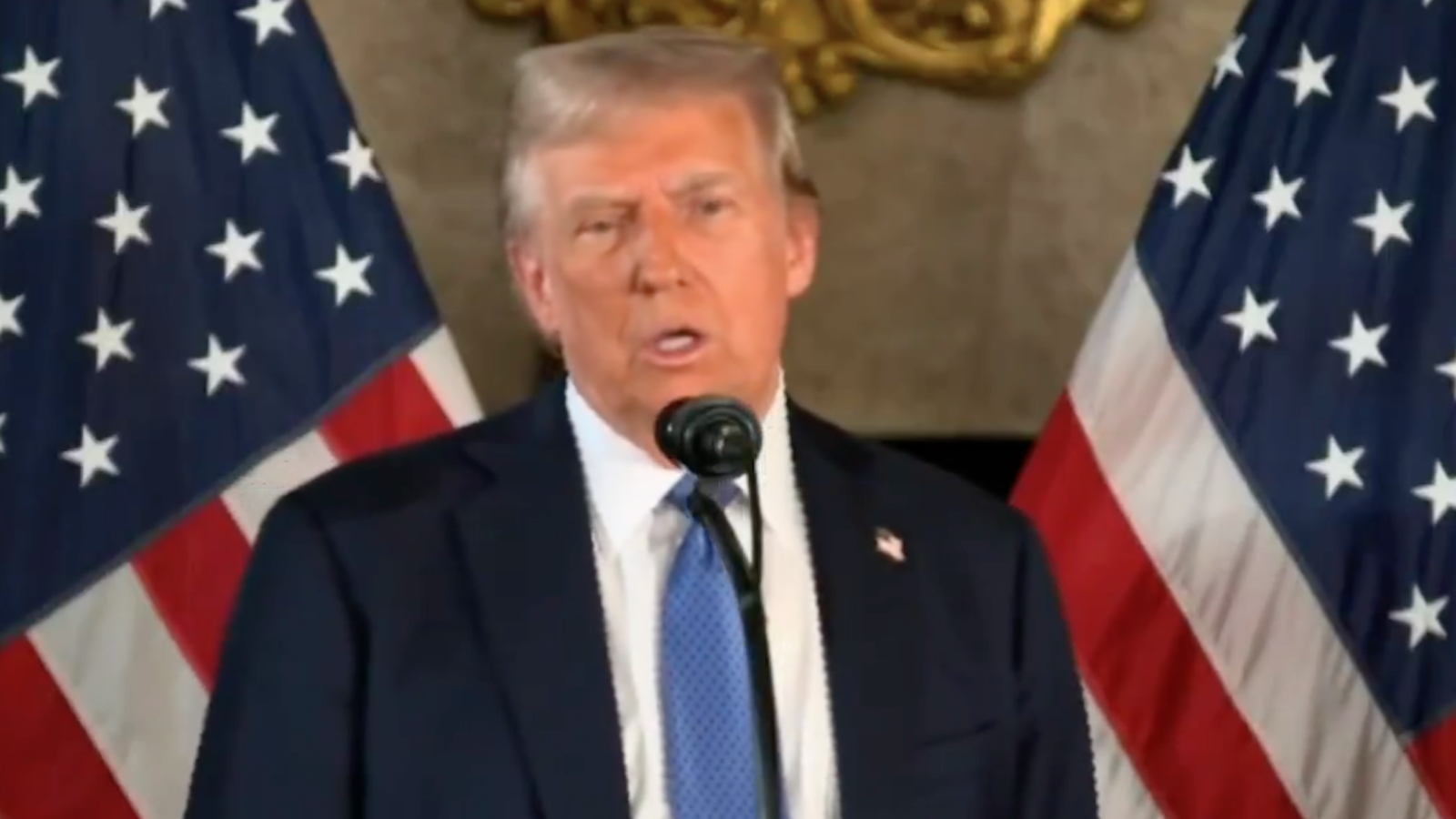President Donald Trump is reportedly considering privatizing the U.S. Postal Service.
Trump eyeing privatizing US Postal Service: report https://t.co/kmwpiyHYfV pic.twitter.com/7s6aA3mK2j
— New York Post (@nypost) December 14, 2024
The Gateway Pundit reports:
President-elect Donald Trump is reportedly eyeing the privatization of the U.S. Postal Service (USPS), an institution that has become a glaring symbol of federal mismanagement.
For decades, the USPS has been a shining example of government dysfunction.
Sources close to Trump’s transition team revealed that discussions about major reforms have taken place, with a focus on privatizing the beleaguered agency, which has hemorrhaged over $100 billion since 2007.
The USPS’s financial woes are staggering. In Fiscal Year 2024 alone, the agency reported a net loss of $9.5 billion, a sharp increase from the $6.5 billion loss the previous year, according to Reuters.
These losses, largely driven by outdated operations and bloated compensation expenses, reflect an agency unable to compete in the modern era.
Despite cutting 45 million work hours and slashing $2 billion in transportation costs over the past three years, the USPS remains mired in inefficiency.
More from Reuters:
When told of the agency’s annual losses, Trump said the government should not subsidize the organization, according to the Washington Post.
Trump, who takes office on Jan. 20, has discussed his desire to privatize the Postal Service with Howard Lutnick, his pick for commerce secretary, at Mar-a-Lago, the report said.
People who will work at the Department of Government Efficiency, led by Elon Musk and Vivek Ramaswamy, have also had preliminary conversations about major changes to USPS, the report said, citing two other people familiar with the matter.
A USPS spokesperson said that over the last three years, the company has reduced its operations by 45 million work hours, and cut transportation spending by $2 billion.
Many are for this.
I’ve been saying for years we should sell/privatize the @USPS.
American taxpayers should not be subsidizing an organization that is losing billions every single year.
Trump is right, privatizing the post office would be a significant way to cut waste and allow a private company…
— Rep. Marjorie Taylor Greene
(@RepMTG) December 16, 2024
Privatize @USPS ! pic.twitter.com/oNYDYo9aEK
— Eric Parker (@Ericp904) December 16, 2024
Others are not.
The Constitution directs Congress to set up a postal service.
This is unconstitutional. pic.twitter.com/emg6mGx4ah
— Aurelian of Rome
(@AurelianofRome) December 16, 2024
BREAKING: Trump says his team is looking into the privatization of the Postal Service. pic.twitter.com/njcY0IlDyz
— More Perfect Union (@MorePerfectUS) December 16, 2024

